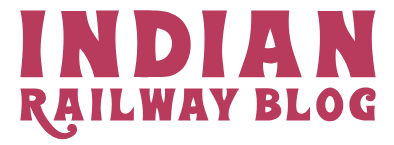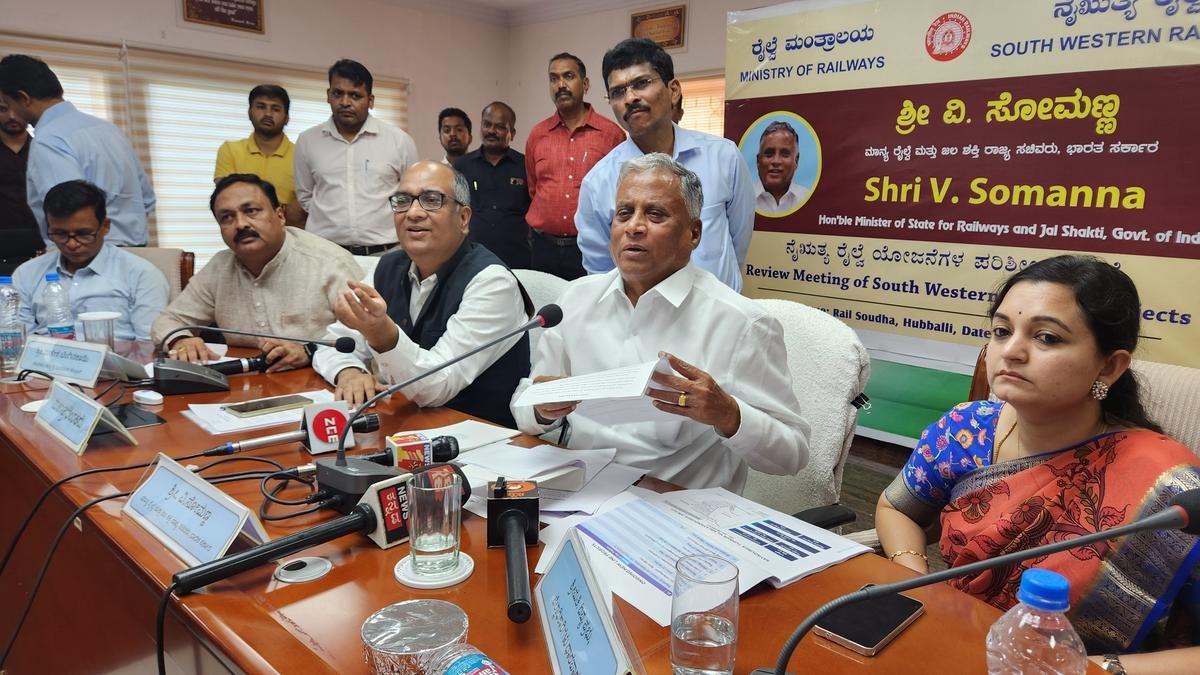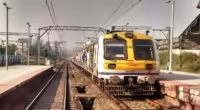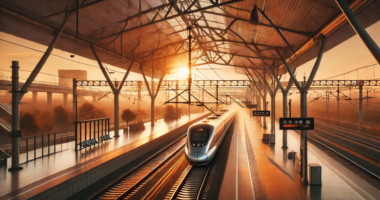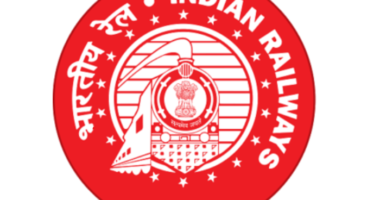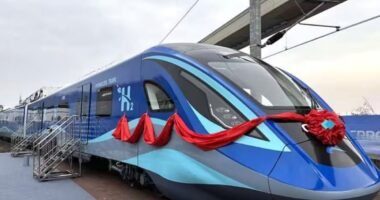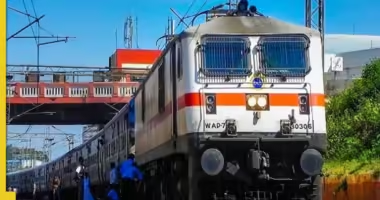In the transportation sector, the merging of the Konkan Railway Corporation Limited (KRCL) with Indian Railways stands as a significant topic of discussion. Within the vibrant landscape of India’s rail network, any potential merger like this can transform connectivity and economic growth. Recent statements from Karnataka’s Minister for Infrastructure Development, V. Somanna, have highlighted how this critical decision will be addressed only after the Maharashtra polls. This blog will delve into the implications of this decision, the potential benefits, along with the stakeholders’ perspectives.
Understanding the Context: Why Merge KRCL with Indian Railways?
Konkan Railway Corporation Limited, a vital part of the Indian railway network, has been instrumental in connecting regions across the west coast of India. Operating along one of the most scenic and challenging terrains, it links Maharashtra, Goa, and Karnataka, contributing greatly to regional connectivity. The Indian Railways, on the other hand, is the fourth-largest railway network worldwide. The merger could provide economic, operational, and strategic benefits, helping streamline operations and improve efficiencies.
Benefits of the Merger
- Operational Efficiency: Bringing KRCL under the vast umbrella of Indian Railways could standardize operations, leading to improved scheduling and integrated services.
- Technological Advancements: Access to better technology and rolling stock could enhance service delivery and passenger experiences.
- Cost Optimization: Shared resources, such as staff and infrastructure, could reduce costs effectively.
- Enhanced Connectivity: A seamless network could foster better connectivity across states, boosting local economies.
For travelers and commuters, such a merger indicates potential for enhanced connectivity and comfort on the go, besides promising more efficient and economical railway operations.
Political Implications: The Wait Till Maharashtra Polls
Minister Somanna’s announcement about deferring the decision until after the Maharashtra elections reflects the intricate political dynamics at play. Given Maharashtra’s strategic political importance, high stakes in these elections could influence transport policies significantly. Major policy decisions, like the KRCL and Indian Railways merger, are often postponed to ensure they align with prevailing political sentiments and mandates.
The Role of Political Climate
- Stakeholder Interests: Political parties often weigh such decisions against their implications on local stakeholders, including employment and state budget allocations.
- Public Perception: Awaiting electoral outcomes ensures that the merger aligns with public interests and state governance priorities.
- Regional Dynamics: Maharashtra’s involvement as one of the KRCL regions means its political administration’s support is crucial.
Such postponements, although strategic, can stir uncertainties but also allow time to develop a merger strategy that will satisfy political, economic, and operational benchmarks.
Perspectives from Stakeholders
The discussion around this merger resonates broadly with various stakeholders, from government officials to local populations directly benefiting from the railway services.
Government Officials
- The idea of merging KRCL with Indian Railways has been in the pipeline to improve the integration and streamline operations nationwide.
- Some officials advocate for greater centralization to enhance service delivery through shared knowledge and operation protocols.
Local Residents and Commuters
- Regional populations could benefit from improved connectivity and reduced travel costs.
- Residents along the Konkan coast anticipate better job opportunities and regional development post-merger.
Economic Analysts and Advisors
- Many experts predict that streamlining rail operations under a single agency can diminish redundancies and enhance fiscal prudence.
- Nonetheless, some caution against hasty mergers without thorough impact assessments.
As India continues to transform its rail networks, these insights from vested stakeholders help define a pathway forward that balances economic progression with socio-political responsibility.
Conclusion: Navigating Towards Collaborative Growth
The proposed merger between KRCL and Indian Railways, although postponed until post-Maharashtra elections, remains pivotal for India’s infrastructure development goals. As citizens and industry insiders ponder over its potential impact, it’s imperative for decision-makers to foster collaboration and transparency, building a rail network that fuels equitable growth across regions.
Post-Maharashtra elections, all eyes will be on how these deliberations unfold and set the course for one of India’s predominantly ambitious rail infrastructure projects.
“`
